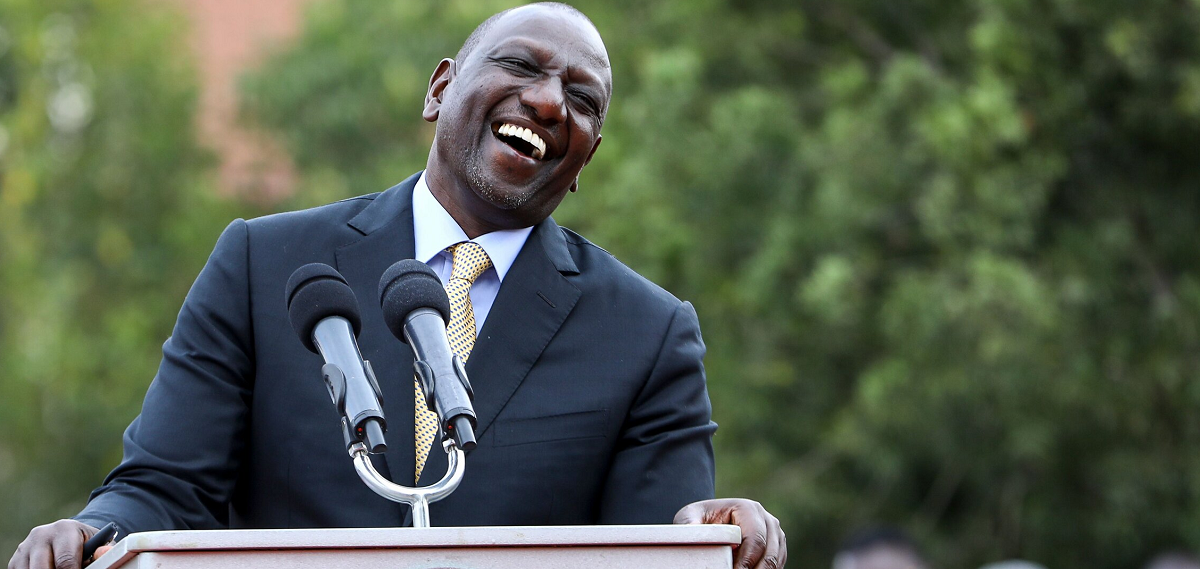For the rich and super-rich in Kenya, things are beginning to look not so good: the government wants to take more from them to make life better for those at the bottom of the economic pyramid. In a move that signals a radìcal policy shift, President William Ruto has revived a proposal to impose higher taxes on super-rich Kenyans and high-income earners by endorsing the introduction of a wealth tax that failed to go through Parliament over the past four years.
Read >> Insider Kenya’s Super-Rich Church With Most Generous Worshippers
President Ruto, working to juice up the economy by reducing debt, is trying every effort to raise revenues. The President told Parliament in his inaugural speech that his government will seek to raise taxes from the wealth accumulated by the richest Kenyans instead of getting revenues from workers and traders.
This sort of tax would be based on a person’s net worth after deducting their liabilities and would only apply to the richest citizens. This move is expected to meet stiff resistance from the super-rich Kenyans who are good at lobbying for tax relief and have financial muscle to push through their agenda. Even if they got taxed on their net-worth, they are likely to make up for that through other tax reliefs on businesses.
Conversely, it will lead to increased under-declaration of wealth to avoid getting into the super-rich tax bracket. This new tax would apply to all property such as real estate, cash, investments, business ownership and other assets, less any debts, and investors would owe the tax each year based on the market value of the assets.
“The economic principles of equitable taxation require that the tax burden reflects ability to pay. This is best achieved by a hierarchy that taxes wealth, consumption, income and trade in that order of preference. Our tax regime currently falls far short of this,” Dr Ruto said. “We are over-taxing trade and under-taxing wealth. We will be proposing tax measures that begin to move us in the right direction.”
This means the government will impose higher taxes on the rich, followed by excise taxes on consumption of items like beer, cigarettes and bètting before targeting workers’ income tax and lastly traders for corporate and sales taxes.
Wealth tax was mooted in 2018, and Ruto expects to use proceeds to finance his pro-poor plans. Last year, the Treasury said it was looking at fiscal changes that would go into the Finance Bill, including discussions over the wealth tax among many other fiscal reforms to boost revenues.
The Treasury then increased capital gains tax from five percent to 15 percent in the Finance Act 2022 that will take effect from January next year.
Next >> Meet Kenya’s Silent Billionaires Who Never Show Off












High Stake of Appointment of Persons with Collateral Demage.
Alfred Killed Konza Dream with Ignorance for Political Ambi
KONZA DREAM
ECONOMIC FACXINA